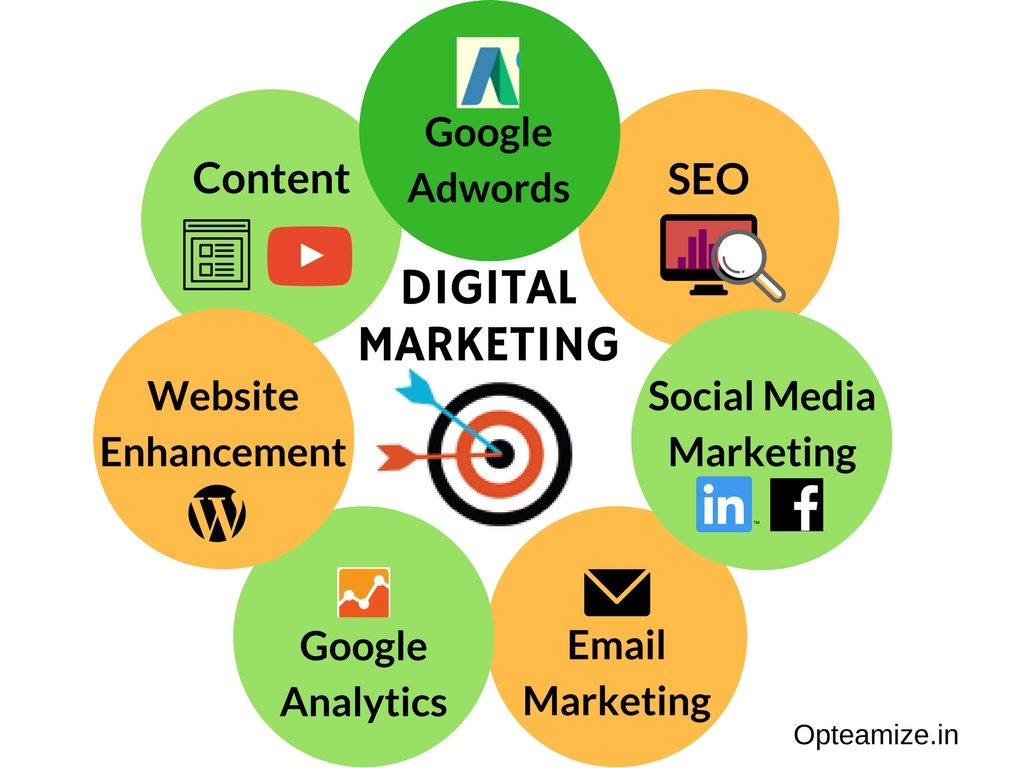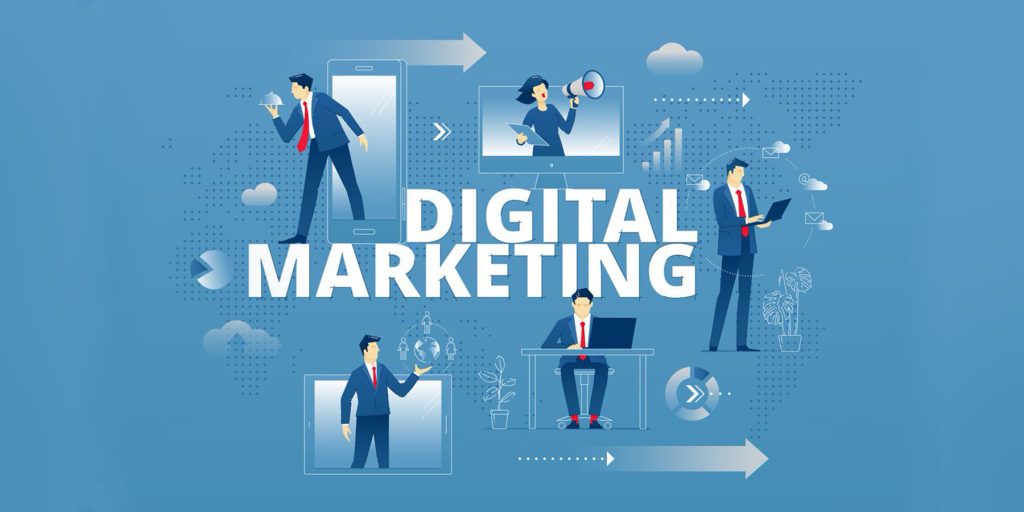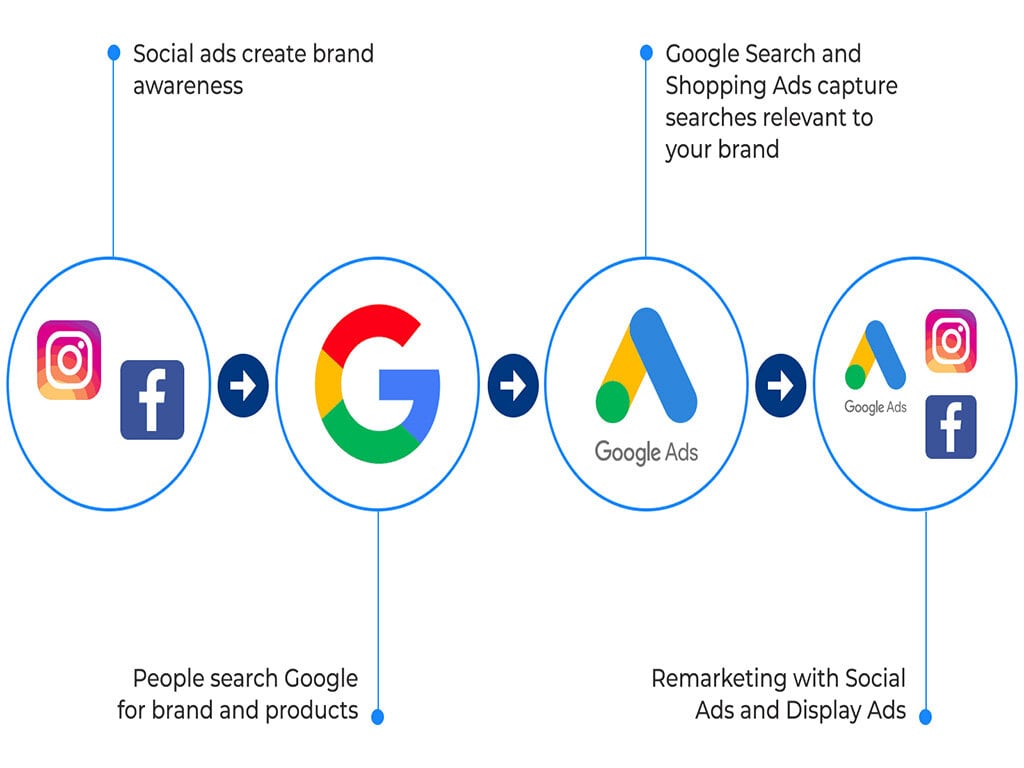Digital marketing has a significant impact on consumers in several ways. Here are some effects of digital marketing on consumers:

Increased accessibility: Digital marketing has made it easier for consumers to access information about products and services. With a simple search on search engines or social media platforms, consumers can find details, reviews, and comparisons, helping them make informed purchasing decisions.
Personalization: Digital marketing allows businesses to tailor their marketing messages and content based on consumer preferences and behaviors. Through personalized ads, emails, and website experiences, consumers feel more connected and engaged with brands, leading to a higher likelihood of conversions.
Improved convenience: Online shopping and e-commerce have transformed the way consumers purchase products and services. With digital marketing, consumers can make purchases from the comfort of their homes, at any time of the day. This convenience factor has greatly influenced consumer behavior and purchasing patterns.
Targeted advertising: Digital marketing enables businesses to target specific consumer segments based on demographics, interests, and behaviors. By delivering relevant ads to the right audience, businesses can increase the chances of capturing consumer attention and generating leads.
Social proof and user-generated content: Digital marketing leverages social media platforms, online reviews, and testimonials to create social proof for products and services. Consumers often rely on user-generated content and recommendations from peers when making purchasing decisions, and digital marketing amplifies the reach and impact of such content.
Increased engagement: Digital marketing allows for two-way communication between businesses and consumers. Through social media platforms, live chats, and interactive content, businesses can engage with consumers, address their concerns, and build stronger relationships. This engagement fosters brand loyalty and encourages repeat purchases.
Comparison shopping: Consumers now have the ability to compare prices, features, and reviews across different brands and products online. Digital marketing provides easy access to product comparisons and reviews, empowering consumers to make well-informed decisions and choose the best options available.
Influencer marketing: Influencer marketing has gained popularity in the digital era. Influencers, who have a significant following on social media, promote products and services to their audience. Consumers often trust the recommendations of influencers they follow, and their endorsements can influence purchasing decisions.
Data-driven insights: Digital marketing provides businesses with valuable consumer data and insights. By analyzing consumer behavior, preferences, and purchasing patterns, businesses can refine their marketing strategies, improve their products, and deliver better customer experiences.
Overall, digital marketing has revolutionized the way businesses connect with consumers. It has empowered consumers with information, convenience, and personalized experiences, while enabling businesses to reach and engage with their target audience more effectively.



